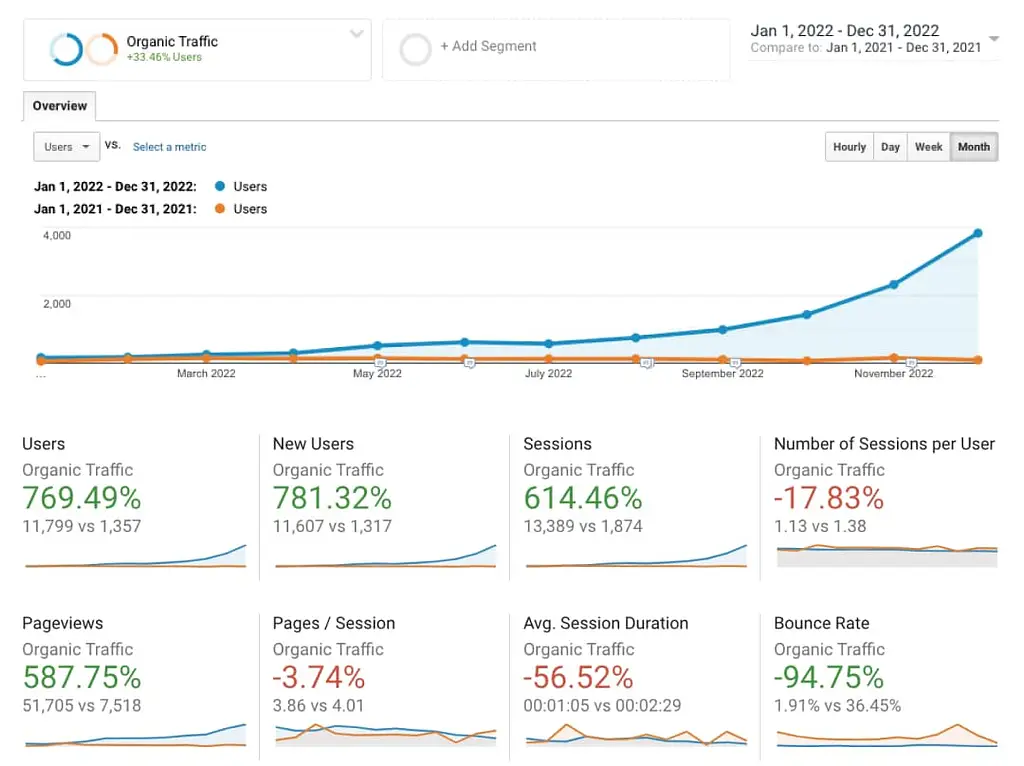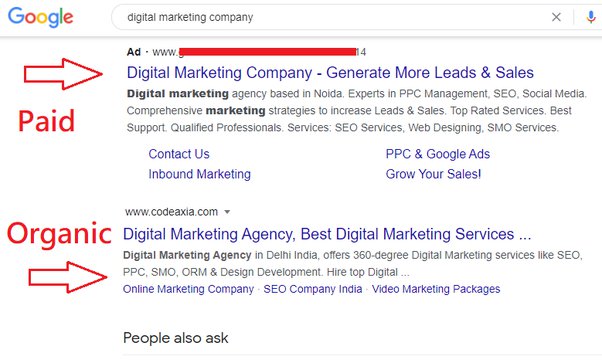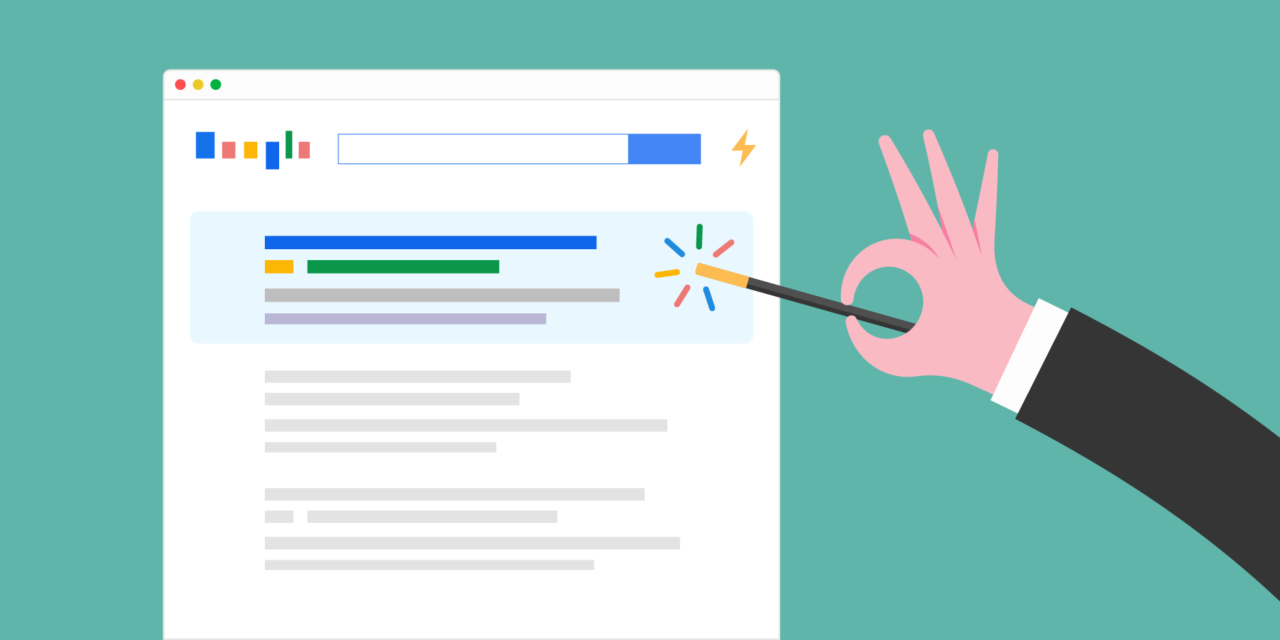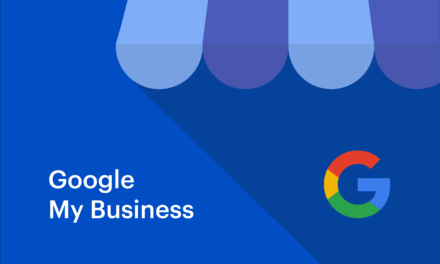In today’s digital world, it’s really important for businesses to have a strong online presence. Whether you’re just starting out or you’re a big company, Search Engine Optimization (SEO) is super important. It helps your website show up higher in search results, which brings more people to your site and makes you easier to find.
In this guide, we’ll talk all about SEO, why it’s important.
Ready to learn more about how to boost your website’s visibility?
Let’s dive in!
What included on this page
- What is SEO
- How Search Engines Works
- How SEO Works
- Why SEO Important For Business
- Disadvantages of SEO
- Difference Between Organic/SEO and Paid/PPC results
1. What is SEO?
SEO stands for Search Engine Optimization. It’s a digital marketing strategy focused on optimizing your website to improve its visibility in organic (non-paid) search engine results. The goal of SEO is to rank higher in search engine results pages (SERPs) and get free monthly traffic to your website.

1. How Search Engines Work
Search engines like Google work by using complex algorithms to crawl, index, and rank web pages based on various factors.
Here’s a simplified explanation of how this process works:
Crawling: Search engines use automated programs called crawlers or spiders to browse the internet and discover web pages. These crawlers follow links from one page to another, gathering information about each page they visit.
Indexing: Once a page is discovered, search engines analyze its content and store relevant information in their index. This index is like a massive library catalog that allows search engines to quickly retrieve relevant pages in response to user queries.
Ranking: When a user performs a search, the search engine retrieves pages from its index that are most relevant to the query. Pages are ranked based on a combination of factors, including relevance, quality, and authority.
- Relevance: Search engines analyze the content of web pages to determine their relevance to specific search queries. Pages that closely match the user’s search intent are more likely to rank higher.
- Quality: Search engines assess the quality of content based on factors like readability, originality, and user experience. High-quality content is more likely to rank well.
- Authority: Search engines consider the authority of a web page based on factors like backlinks, user engagement metrics, and domain age. Pages with higher authority are deemed more trustworthy and rank higher in search results.
Displaying Results: Finally, Google displays the search results in a format called the Search Engine Results Page (SERP). The SERP typically includes a mix of organic search results (non-paid) and paid advertisements (explained later).
3. How SEO works?
SEO is a multifaceted approach that involves various techniques to optimize your website and improve its search engine rankings.
Here’s a simplified explanation of how SEO works:
Keyword Research: The first step in SEO is identifying the keywords and phrases that users are likely to search for when looking for content related to your website. This involves researching popular search terms in your industry and identifying relevant keywords with high search volume and low competition.
On-Page Optimization: Once you’ve identified your target keywords, you optimize your website’s on-page elements to align with those keywords. This includes optimizing meta titles, meta descriptions, headings, and content to include relevant keywords in a natural and user-friendly way.
Content Creation: High-quality, relevant content is key to SEO success. Creating valuable content that addresses the needs and interests of your target audience not only improves user engagement but also increases the likelihood of your website ranking higher in search results. This could include blog posts, articles, videos, infographics, and more.
Technical SEO: Technical SEO involves optimizing the technical aspects of your website to improve its performance and crawlability by search engines. This includes optimizing website speed, fixing broken links, improving site structure and navigation, and ensuring mobile-friendliness.
Off-Page Optimization: Off-page SEO focuses on building external signals that indicate the authority and relevance of your website. This includes building backlinks from reputable websites, engaging in social media marketing, and fostering relationships with influencers and industry leaders.
Monitoring and Analysis: SEO is an ongoing process, and it’s essential to monitor your website’s performance and make adjustments as needed. This involves tracking key metrics such as organic traffic, keyword rankings, and conversion rates, and using analytics tools to analyze the effectiveness of your SEO efforts.
4. Difference between Organic/SEO results and Paid/PPC results
Organic results and paid results are two types of listings that appear on search engine results pages (SERPs) in response to user queries.

Here’s how they differ:
Organic Results:
- Definition: Organic results are the listings that appear naturally on SERPs based on their relevance to the search query and SEO efforts.
- Visibility: Organic results appear below any paid ads and are typically labeled with the website URL and meta description.
- Cost: Organic listings are free and do not require payment to appear on search engine results pages.
- Ranking Factors: Organic rankings are determined by search engine algorithms, considering factors like content quality, relevance, backlinks, user experience, and website authority.
- Longevity: Organic rankings can provide sustained traffic over time, especially for competitive keywords, but they require ongoing SEO efforts to maintain and improve.
Paid Results (PPC Ads):
- Definition: Paid results, also known as Google PPC (Pay-Per-Click) ads, are listings that advertisers pay for to appear on SERPs for specific keywords.
- Visibility: Paid ads usually appear at the top of search results or alongside organic results and are labeled as “Ad” or “Sponsored.”
- Cost: Advertisers pay for each click (hence the name “pay-per-click”) on their ad, with costs varying based on keyword competitiveness and bid strategy.
- Ranking Factors: Paid ad rankings are influenced by bid amount, ad quality score, and relevance to user queries.
- Immediate Visibility: PPC ads provide immediate visibility and can drive instant traffic to a website once the campaign is launched.
- Control: Advertisers have full control over ad placement, budget, targeting options (demographics, location, device, etc.), and ad content.
5. Why is SEO Important for Business?
SEO (Search Engine Optimization) is crucial for businesses and websites to improve their online visibility, attract organic traffic, and grow their customer base.
Here are some key reasons why SEO is important, along with examples and statistics:
Increased Organic Traffic: SEO helps websites rank higher in search engine results, leading to increased organic (non-paid) traffic. According to a study by BrightEdge, organic search drives 53.3% of website traffic on average, making it the largest source of traffic for most websites.
Example: Let’s say you run an e-commerce store selling yoga equipment. By optimizing your website for relevant keywords like “best yoga mats” or “yoga accessories,” you can attract more organic traffic from users searching for these products.
Cost-Effective Marketing: SEO is a cost-effective marketing strategy compared to paid advertising. Once your website ranks well for target keywords, you can attract continuous traffic without paying for each click or impression.
Example: Consider a local bakery optimizing its website for “artisan bread delivery” in their area. Instead of spending on Google Ads for every click, they invest in SEO to appear organically for local bread-related searches, driving traffic and orders.
Builds Credibility and Trust: High search engine rankings contribute to a website’s credibility and trustworthiness in the eyes of users. Studies show that users often trust organic search results more than paid ads.
Example: If a user searches for “best digital marketing agency” and finds your agency ranking organically on the first page of Google, they are more likely to perceive you as a reputable and reliable choice in the industry.
Increases Brand Awareness: Ranking well for relevant keywords exposes your brand to a wider audience. Even if users don’t click on your website immediately, repeated exposure through organic search results can build brand awareness and recall.
Example: A startup offering sustainable fashion products can leverage SEO to rank for eco-friendly fashion-related keywords. As users encounter the brand in search results, they become more familiar with its offerings and values.
Drives Long-Term Results: Unlike paid advertising that stops generating traffic once the budget is exhausted, SEO efforts can yield long-term results. By consistently optimizing and updating your website, you can maintain or improve your rankings over time.
Example: A blog post optimized for a specific keyword can continue to attract organic traffic months or even years after it was published, driving ongoing engagement and potential conversions.
6. Disadvantages of SEO
Time-Consuming: SEO is a long-term strategy that requires ongoing effort and patience. It may take several months to see significant results, especially for competitive keywords.
Constant Algorithm Changes: Search engine algorithms are constantly evolving, which means that SEO best practices may change over time. Keeping up with these changes can be challenging and require regular updates to your strategy.
Initial Investment: While SEO can be cost-effective in the long run, there is often an initial investment required for activities such as keyword research, content creation, and website optimization.
Technical Complexity: SEO involves technical aspects such as website coding, schema markup, and server optimization, which can be complex and require specialized knowledge to implement effectively.
Results Not Guaranteed: Even with the best SEO practices, there is no guarantee that your website will rank at the top of search results or attract significant traffic. Success depends on various factors, including competition, industry, content quality and user intent.
Black Hat Risks: Some black hat SEO techniques, such as keyword stuffing and buying backlinks, can violate search engine guidelines and result in penalties or bans from search engines if detected.
Conclusion
SEO is a game-changer for businesses looking to thrive in the digital age. By harnessing the power of SEO, you can boost your online visibility, attract more traffic, and ultimately, grow your business. Whether you’re a small startup or an established enterprise, investing in SEO can yield significant returns and pave the way for long-term success.
Are you considering hiring an SEO agency for your business? Here are some key pieces of SEO advice you should take into consideration.






